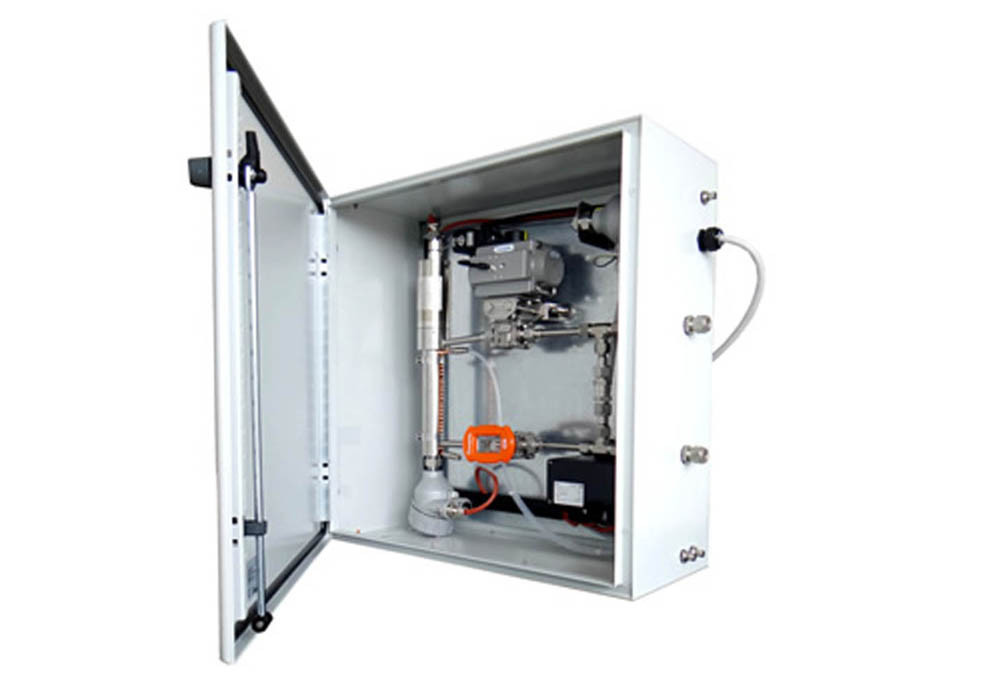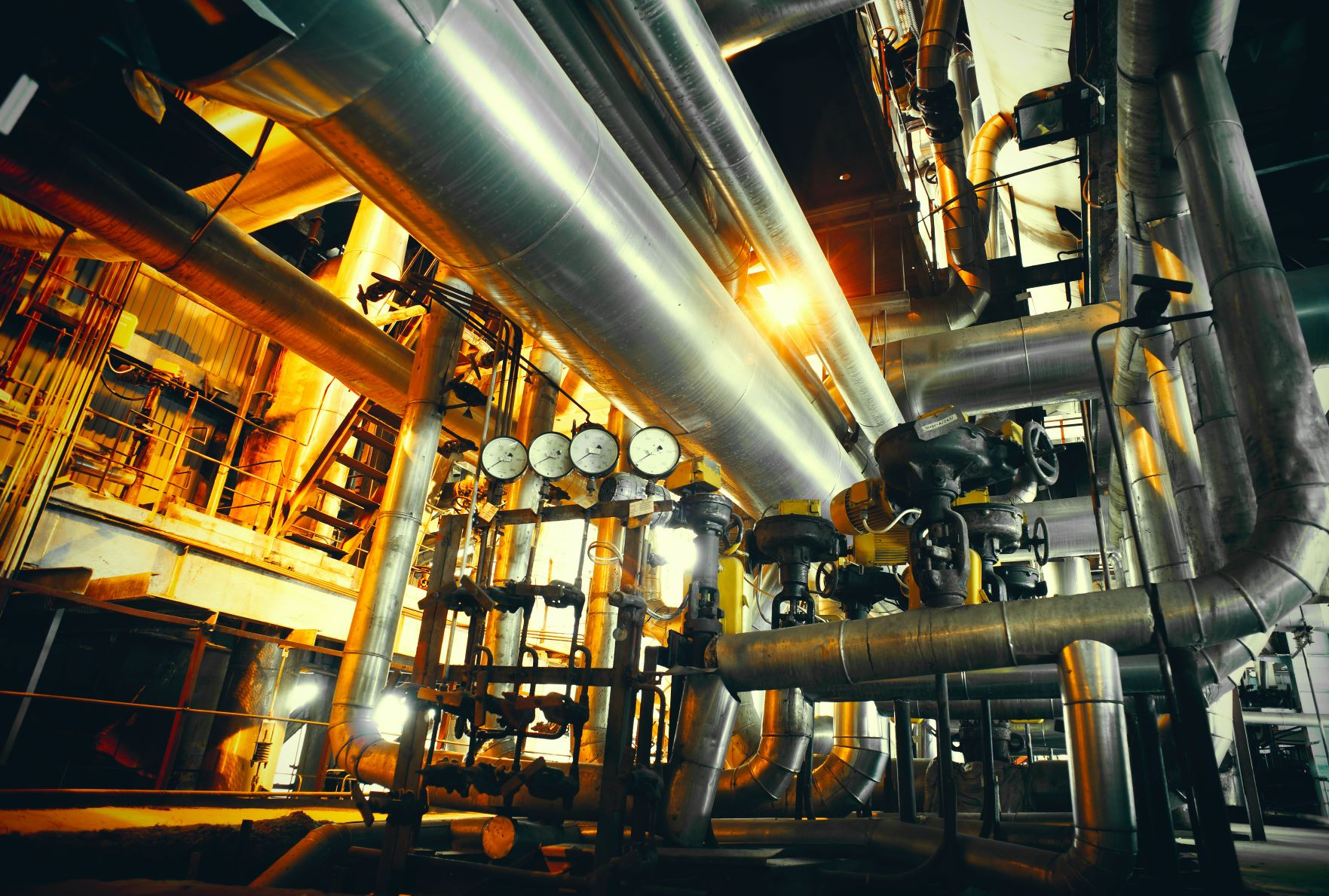How to choose the right inline viscometer in petrochemical processes
In refineries and petrochemical processes, on-site control is of primary importance with regard to product quality. Viscosity is an important parameter of many petroleum products. It affects storage, handling, operating conditions or makes quality control more efficient, depending on the instrument. In the manufacture of petroleum products, great importance is placed on testing standards, especially the ASTM. When a test standard only describes the lab measurement and not the process measurement, confusion can arise about what is the best choice for an inline measurement. This also appears to apply to inline viscosity measurements in refineries and petrochemical processes.



